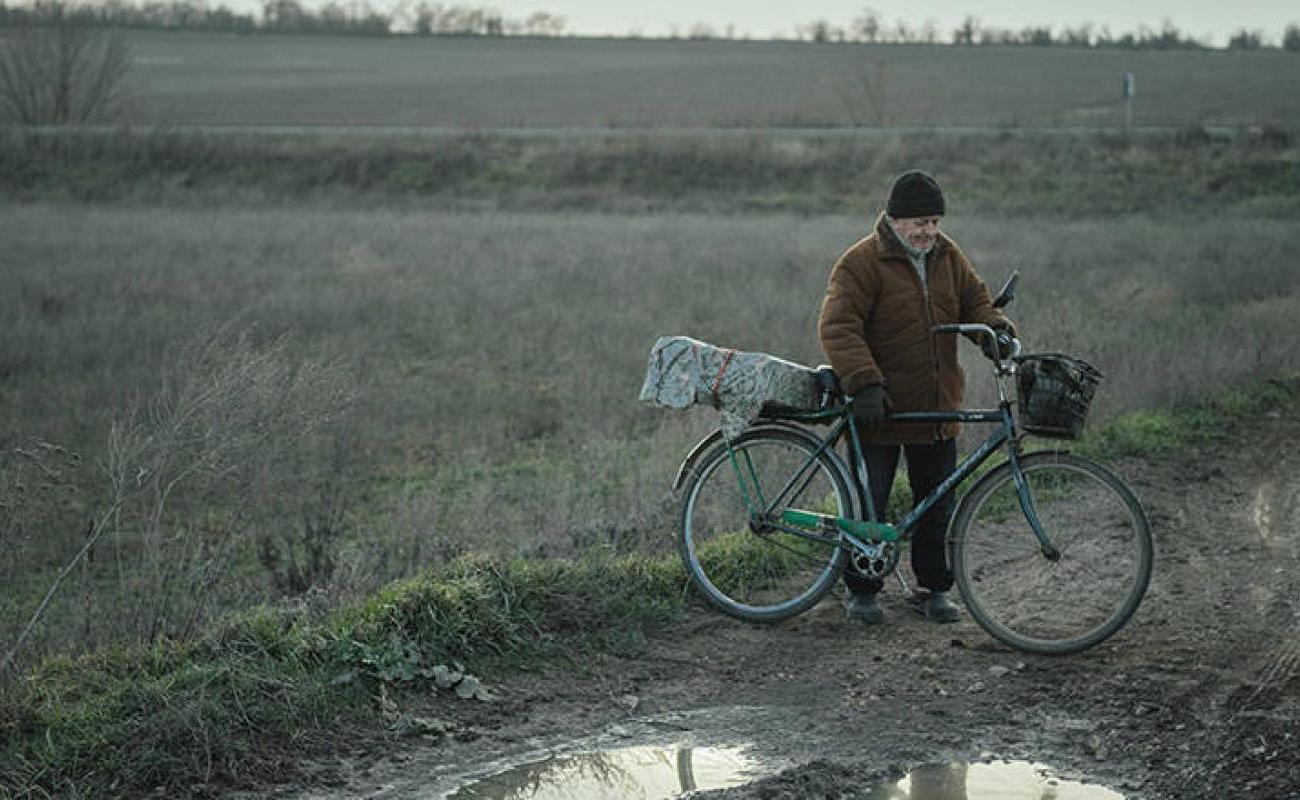Russia's Finances Beyond War – Supporting the Occupied Regions

Russia will struggle to afford the reconstruction of territory it is occupying in Ukraine.
President Trump’s most recent threat – to slap Russia’s economic trade partners with prohibitive tariffs in a bid to push through war negotiations with Ukraine – has returned to the fore discussions about the durability of Russia’s economy.
Last month’s annual St Petersburg Economic Forum (SPIEF) epitomised some of the fractures in Russia’s elite over the financial trajectory of the country. SPIEF is designed to showcase the very best of Russia’s investment potential – if in previous years this had been a platform for foreign investors to identify new opportunities, this year it seemed to point to a disconnect between President Putin and his ministers.
But other problems tangential to the war – which were not discussed at SPIEF – centre around Russia’s ability to support and stimulate those territories of Ukraine that it has seized, to avoid them becoming a further and long-term drain on its resources.
Economic Woes
Aside from the usual speculation about which Western countries would attend or shun the highly politicised proceeds, the distinction between Putin’s assessment of the economy, and the rather more muted discussion from his officials was particularly stark this year.
CEO of state-controlled Sberbank and long-time Putin ally German Greff focused on the business and investment side, warning that high interest rates and an overvalued Ruble were impacting on investment and stymieing Russia’s economic growth, describing the economy as a ‘perfect storm’, with some Russian business struggling with non-payments.
But by far the most dire predictions were those of Minister for Economic Development Maxim Reshetnikov, who maintained that Russia is on the brink of recession, a headline picked up by numerous Russian media outlets and which overshadowed many of the other debates at SPIEF this year. Reshetnikov’s reasoning appeared to be linked to Russia’s GDP growth – for the first quarter of 2025 it has been significantly lower than the same period in 2024, and the downturn has sparked consternation.
This decline is largely because Russia’s previous GDP expansions since 2022 were driven by Kremlin-mandated wartime spending, giving a false impression of growth – this was not due to stimulation by investment or a particularly thriving business climate. The illusion of growth, stimulated by high defence spending, likely conceals more structural problems. For now, Russia’s growth predictions for 2025 sit somewhere between 1.5% (according to VTB, Russia’s second largest bank) and 2.5% (Reshetnikov’s own office), with the Central Bank predicting 1-2%.
